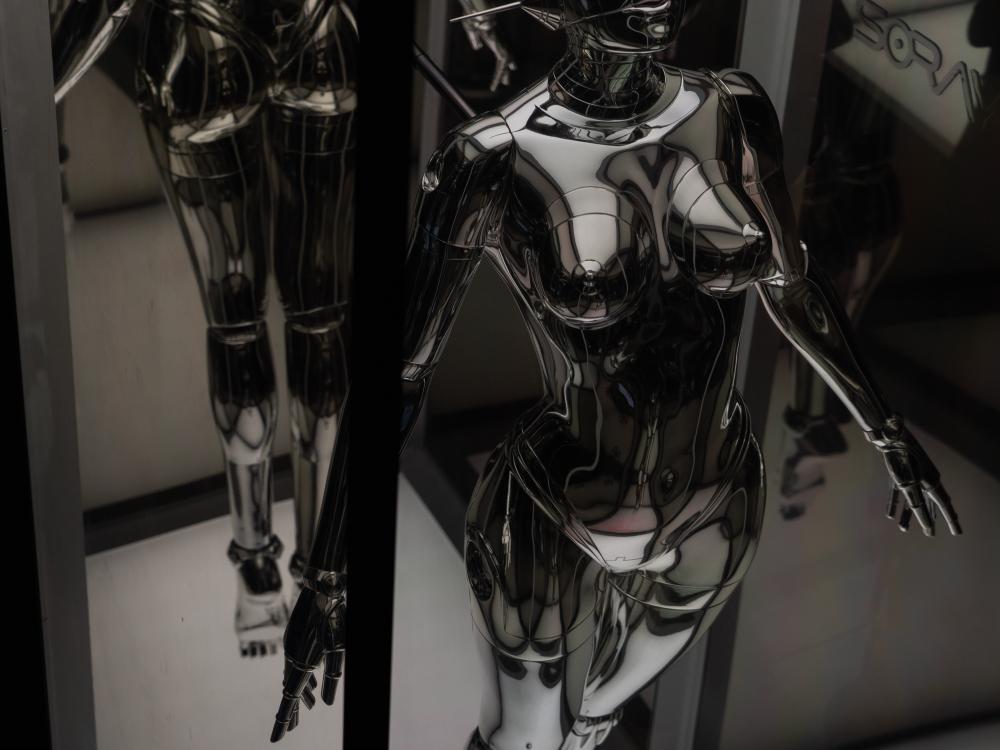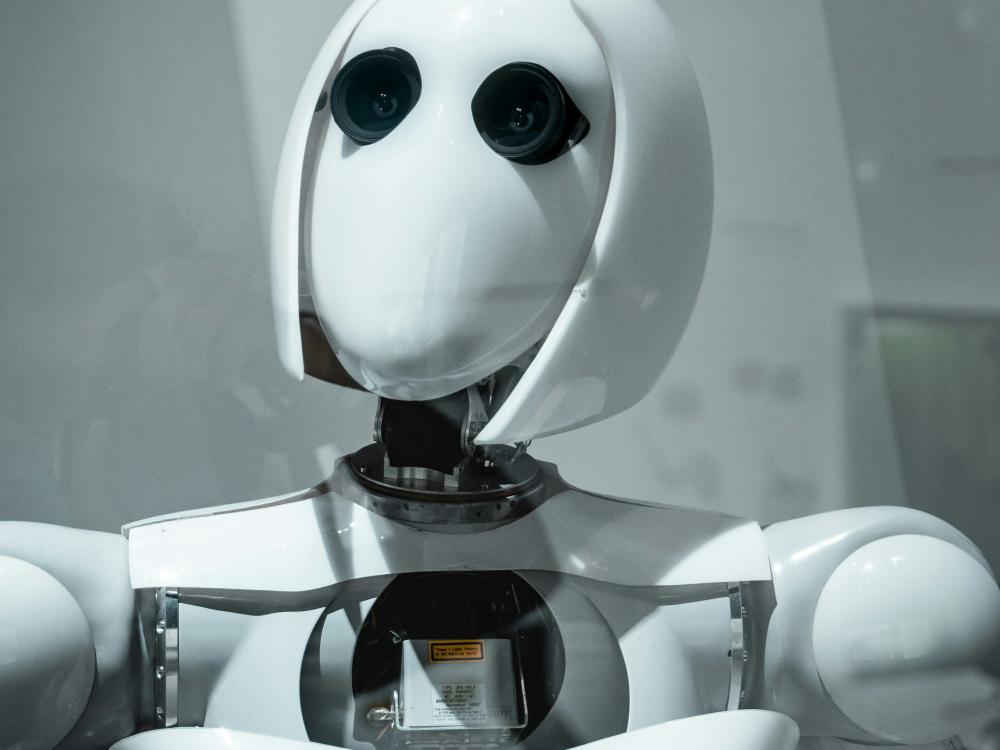Why Businesses are Embracing AI: A Deep Dive
Welcome to our in-depth exploration of why businesses are increasingly choosing artificial intelligence (AI) over robotic process automation (RPA). we understand the growing interest and demand for AI solutions in India. In this article, we will delve into the reasons behind this shift and shed light on the capabilities and potential of AI technology.
The Limitations of RPA

RPA has been a popular choice for automating repetitive tasks in business processes. It involves using software robots to mimic human interactions with computer systems. While RPA can streamline operations and reduce errors, it is not equipped to handle complex decision-making or adapt to dynamic environments.
As businesses face evolving challenges and seek competitive advantages, they require more advanced solutions that go beyond simple task automation. This is where AI comes into play.
The Power of Artificial Intelligence

AI represents a significant leap forward in technology, enabling machines to learn from data, make predictions, and improve performance over time. Unlike RPA, which follows predefined rules, AI algorithms have the ability to analyze vast amounts of information and draw meaningful insights.
By harnessing the power of machine learning, natural language processing, computer vision, and other AI techniques, businesses can unlock new possibilities for innovation and efficiency. From predictive analytics and personalized customer experiences to intelligent automation and autonomous systems, AI opens up a world of opportunities.
Enhanced Decision-Making with AI
One key advantage that sets AI apart from RPA is its capacity for advanced decision-making. By leveraging sophisticated algorithms and models, AI systems can process complex data patterns and generate valuable insights for strategic decision-making.
In industries such as finance, healthcare, marketing, and manufacturing, AI-powered solutions can analyze vast amounts of data in real-time, detect anomalies, identify trends, and provide actionable recommendations. This empowers businesses to make informed decisions quickly and efficiently, leading to improved outcomes.
The Adaptive Nature of AI
Another crucial aspect where AI outshines RPA is its ability to adapt and learn from new data. RPA operates based on predefined rules and workflows, making it less flexible when confronted with unexpected scenarios or evolving requirements.
In contrast, AI algorithms can continuously learn and refine their models as they encounter new information. This adaptive nature allows businesses to stay agile and responsive in dynamic markets. Whether it's detecting fraud patterns, optimizing supply chains, or personalizing user experiences, AI has the potential to revolutionize diverse industries.
The Future of Business Transformation
As businesses embrace digital transformation, incorporating AI into their strategies becomes increasingly vital. The potential benefits are vast: improved operational efficiency, enhanced customer experiences, optimized decision-making processes, and increased competitiveness in the market.
By investing in AI capabilities and partnering with experienced AI engineers like us, businesses can unlock the full potential of this transformative technology. With proper implementation and integration into existing systems, AI has the power to revolutionize how organizations operate and achieve their goals.
While RPA serves its purpose for task automation, the limitations become apparent when compared to the capabilities of artificial intelligence. By embracing AI technology in their operations and decision-making processes, businesses can gain a significant competitive edge in today's fast-paced world.


















